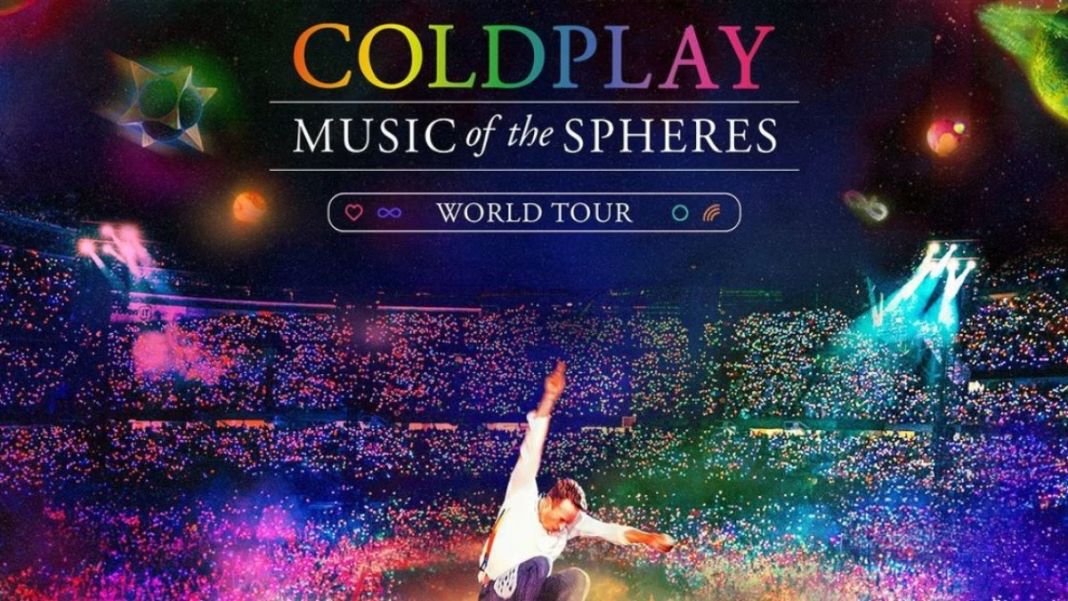A recent concert by the popular band Coldplay took an unexpected turn when the venue’s “Kiss Cam” focused on a couple in the crowd. The couple looked surprised and seemed to try to avoid the camera. But it was too late. Within hours, that short video was everywhere online — on social media feeds, in memes, and in countless parody videos.
A Moment at a Coldplay Concert Turned Into a Global Story
What started as a simple concert moment quickly exploded into a viral sensation. People all over the world shared, joked, and speculated about the identity of the couple. Then came the next wave: internet users, using software and online clues, figured out who they were. This digital “unmasking” led to serious real-world consequences. A top executive linked to the video stepped down from their job shortly after being identified.
This sparked a wider conversation: What happens when private moments in public spaces become public for the entire world? And more importantly — is there still such a thing as privacy when you’re outside your home?
Cameras Are Everywhere — and So Are Online Eyes
Cameras are now part of daily life. Streets, shops, offices, schools, and homes are all watched through CCTV, doorbell cams, or mobile phones. At large events like concerts or sports games, cameras are used to entertain the crowd. Many venues project live images of fans onto big screens. These cameras might seem fun, but they also put people in the spotlight — whether they like it or not.
Today, smartphones have turned every person into a potential recorder. Anyone can film anything and post it online in seconds. A moment that felt private in a crowd can go viral within minutes. People who thought they were sharing a personal laugh or gesture might suddenly find themselves at the center of global attention.
Fans board same flights as BTS after buying stolen airline data—3 arrested in scandal
Experts say this new reality changes everything. In the past, a concert experience stayed with the people who were there. Now, it can easily become internet content — shared and reshared far beyond the original moment.
At many venues, there are warning signs that people may be recorded. But not everyone sees them. Even fewer realize how fast that footage can spread across the globe.
When Viral Fame Turns Into Real-World Trouble
Going viral may sound fun, but for many, it brings problems. After the Coldplay concert video spread, online users quickly went digging. They found names, job titles, and even workplace details of the people in the clip. Their professional profiles were soon deleted. The fallout was fast and serious.
This act of tracking people down online is often called “doxing.” It’s when private or personal information is revealed to the public, usually without permission. In many cases, the goal is to shame or punish someone. What begins as curiosity online can end in major consequences offline.
Technology plays a big role in this. Software and artificial intelligence tools can scan faces or details in a video to find matching profiles online. What once took days can now take just minutes. And even if a clip doesn’t become super popular, it can still lead to someone being identified.
This isn’t just happening to celebrities or powerful people. Anyone who shows up in a widely shared photo or video can suddenly find their name and details spreading online. In this digital world, it takes only one video, one post, or one share to change someone’s life.





